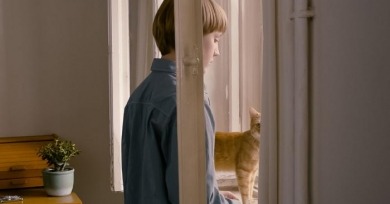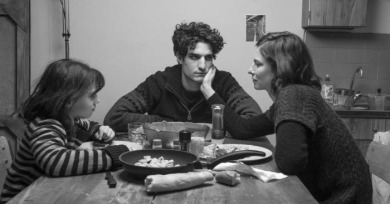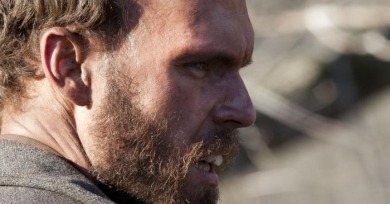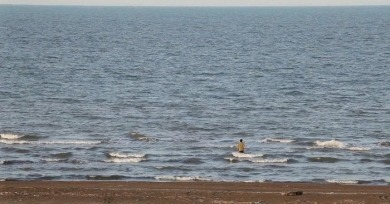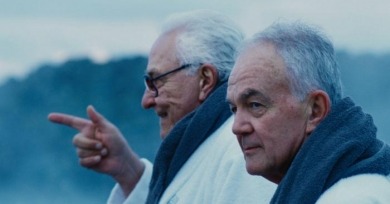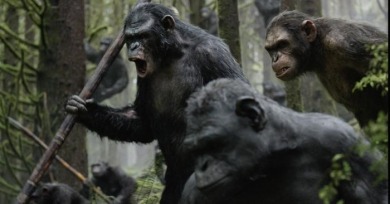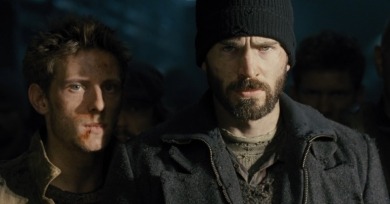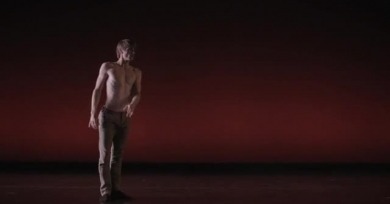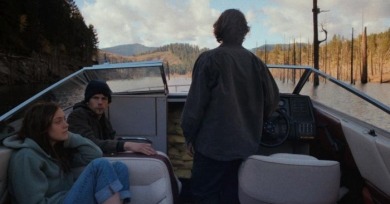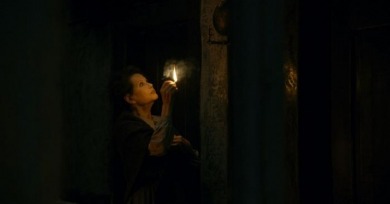Reviews
How is it that Ramon Zürcher’s beguiling, curious, deceptively slight first feature, The Strange Little Cat, seems to take place over the course of one family’s mundane afternoon, and at the same time in every possible moment in this family’s history?
Jealousy’s 77 whittled-down minutes play less like a single, continuous narrative than a series of isolated incidents, each enclosed by its own set of borders and calibrated to its own private sense of time.
To the list of hardy souls who have tried bringing Cormac McCarthy to the screen we may now add James Franco.
Both a companion piece to This Is Not a Film and a cinematic break from it, Closed Curtain at first seems to mark a return to “fiction” filmmaking for Panahi—to whatever extent categories like “fiction” and “nonfiction” even apply to his cinematic practice—and so it also invites a certain recalibration.
It’s a film that comes into being in deliberately awkward fashion; Boyhood’s incrementally finding out what it is, trying to create a philosophy and identity for itself—not unlike the process of growing up.
Most of the filmmaking decisions—like the use of two cameras during shooting, allowing the actors to behave organically and spontaneously without having to worry about hitting their marks or being fed lines of dialogue off-camera—are geared primarily toward showcasing the two distinct personalities at the movie’s core.
As the rare prequel to justify its existence, Rise of the Planet of the Apes demanded a follow-up, and the result is an evolutionary curiosity: a film that is at once markedly superior and considerably less satisfying than its predecessor.
There’s not a section of action or combat in The Avengers that seems considered enough to be worth remembering, but there are more than a handful of such sequences that linger after the credits roll in Bong’s new film, Snowpiercer.
Though several of his films skirt around and pick up themes and situations from the Russian author’s most venerated work, Norte is Lav Diaz’s first full-throated stab at Crime and Punishment.
Story-wise, little happens over the course of Exhibition’s run time (though the sex does improve considerably). Unbound to a conception of time as mere forward progression, Hogg luxuriates in the endless sensations one can experience at any given moment.
If Test feels like something of a minor-key revelation, it is in part because it attempts to locate the rhythms of commonplace existence at a time when each instant was imbued with almost existential uncertainty.
Once we discover the crux of the film—what the central threat of Eden Parish is—it’s revealed that West has traded his refreshing classicism for the tastelessness and slapdash technique that defines our contemporary horror moment.
Whatever conversations about environmental activism, radical politics, or even the desperate state of contemporary agriculture are ambiguously raised in the first half of the film end up as prelude to the second’s increasingly standard “crime doesn’t pay” thriller elements.
It has become obligatory to talk about each new Manoel de Oliveira film by observing how remarkable it is that there is a new Manoel de Oliveira film.
